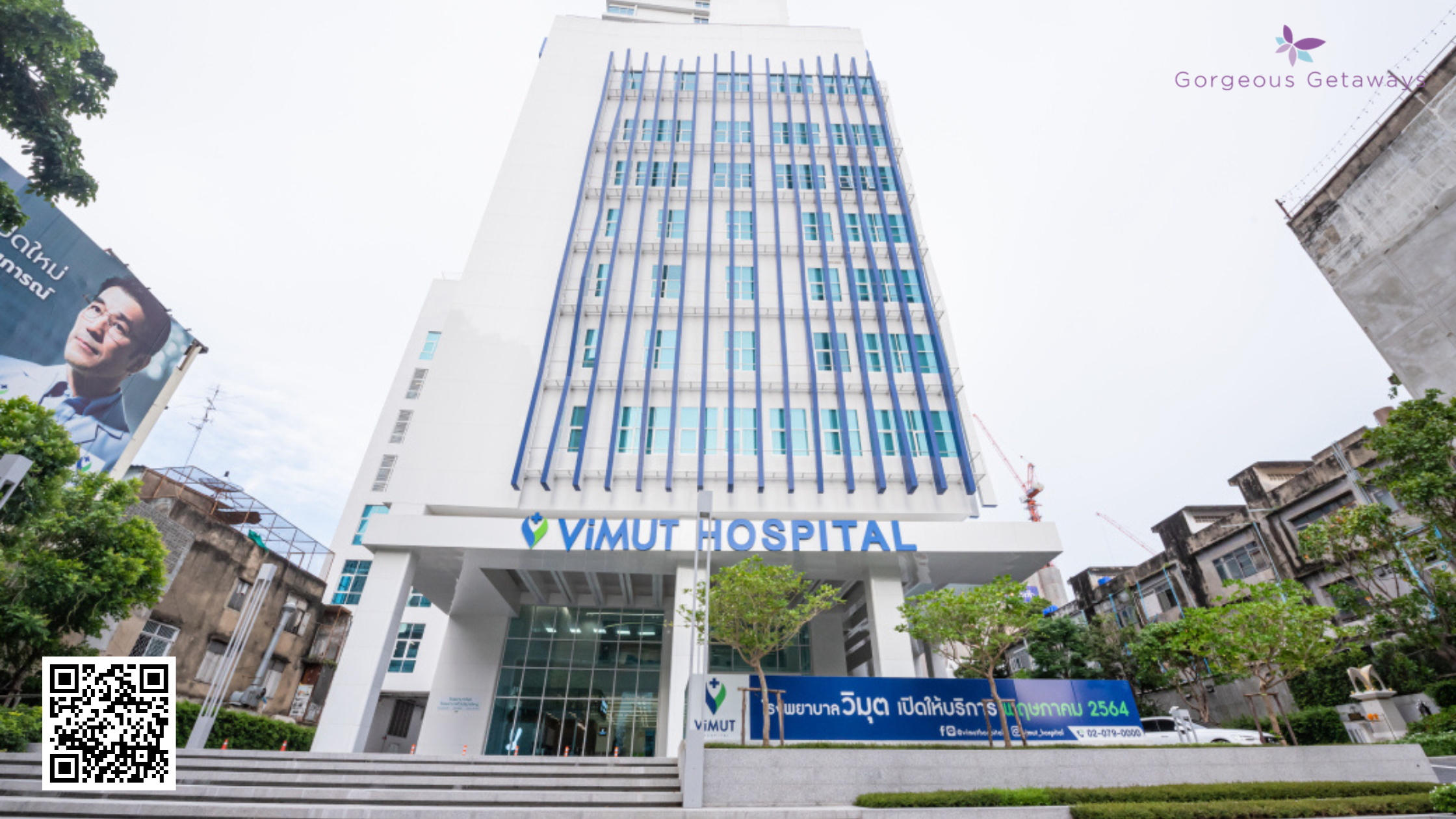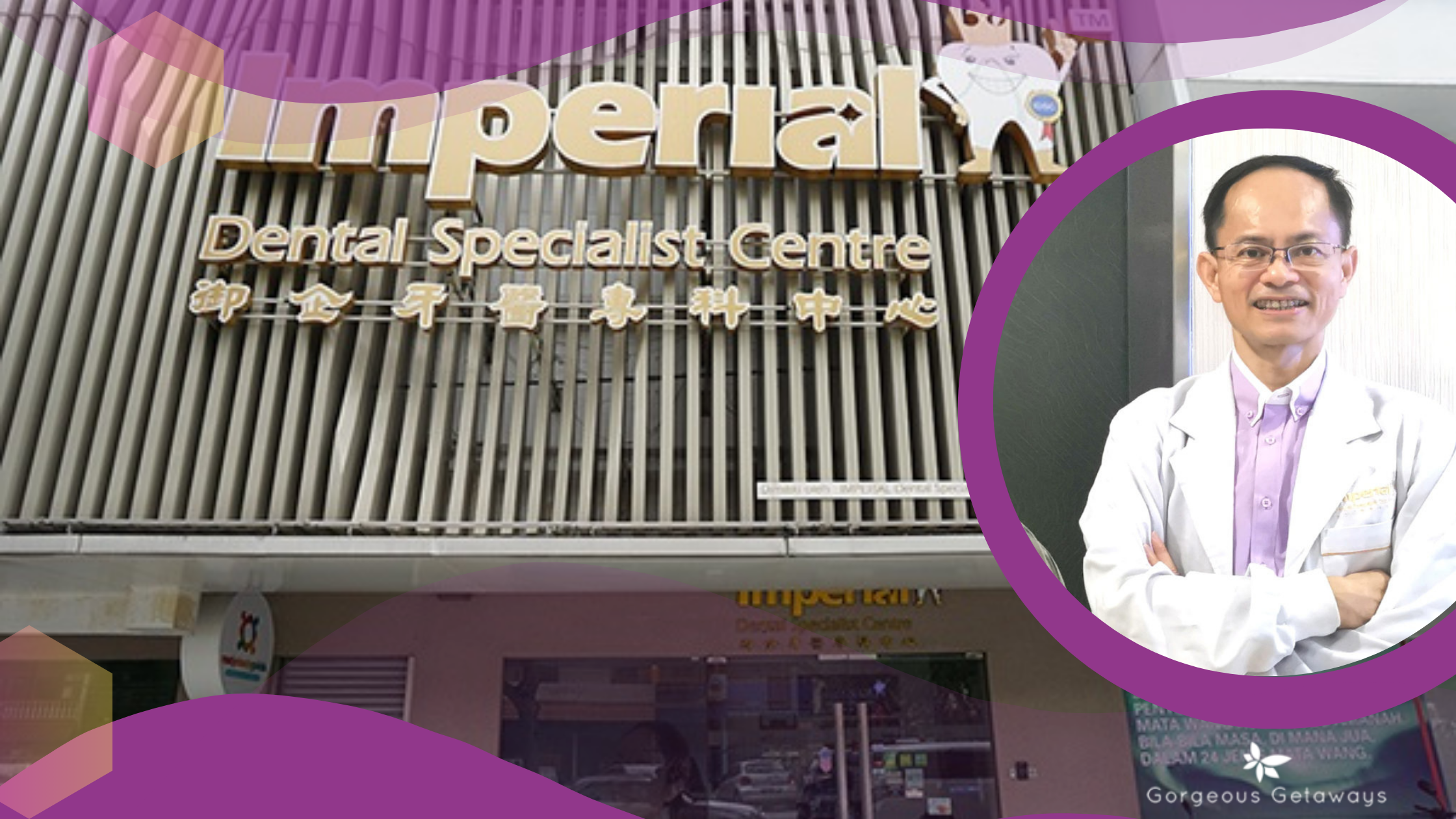When you decide to take a step towards enhancing your appearance through plastic surgery, you want to ensure that you’re in the safest, most qualified hands. A critical factor in establishing this trust is understanding the accreditation of your surgeon. Gorgeous Getaways is here to guide you through the ins and outs of medical accreditation, how it works, and if one accreditation stands superior to another.
The Ins and Outs of Medical Accreditation
Medical accreditation is an intensive process healthcare providers, like your plastic surgeon, must go through to validate their qualifications, skillset, and credibility in their field of practice. This procedure involves a comprehensive evaluation of their educational background, residency training, and professional conduct.
The process typically includes:
- Self-Evaluation: Your healthcare provider or institution conducts a self-assessment against the set standards of the accrediting body. This preliminary step enables them to pinpoint areas that need improvement before the official assessment.
- On-site Assessment: The accrediting bodies then perform an on-site evaluation. They scrutinize the entire operation, including patient care processes, staff qualifications, and the safety measures of the facilities and equipment.
- Follow-up and Monitoring: Once accreditation is achieved, regular checks and surprise visits ensure that your healthcare provider continues to uphold the necessary standards. This monitoring process promotes continuous learning and enhancement.
Comparing Different Accreditation Bodies
Accreditation bodies vary worldwide, each with its unique set of standards and review processes. Some of the internationally recognized bodies include the Joint Commission International (JCI), the International Society for Quality in Healthcare (ISQua), and the Australian Council on Healthcare Standards International (ACHSI).
Though all accrediting bodies strive to ensure quality and safety in healthcare, their approaches can differ:
- Regional Focus: Some accrediting bodies have a stronger presence or focus on certain regions or countries. For instance, the American Board of Plastic Surgery primarily accredits plastic surgeons in the U.S.
- Specialization: Certain bodies specialize in specific fields of medicine. For example, the Royal College of Surgeons is focused on surgery in general.
- Accreditation Standards: The standards for accreditation may vary across different bodies. While all aim to guarantee quality healthcare, some might have a more stringent process or stricter guidelines.
Verifying Surgeon Credentials
Here’s the updated list of accreditation bodies by countries:
| Country | Accreditation Body | Website |
|---|---|---|
| United States | American Board of Plastic Surgery | www.abplsurg.org |
| Canada | Royal College of Physicians and Surgeons of Canada | www.royalcollege.ca |
| United Kingdom | The Royal College of Surgeons | www.rcseng.ac.uk |
| Australia | The Royal Australasian College of Surgeons | www.surgeons.org |
| Brazil | Brazilian Society of Plastic Surgery | www2.cirurgiaplastica.org.br |
| India | Association of Plastic Surgeons of India | www.apsi.in |
| Germany | German Society of Plastic, Reconstructive and Aesthetic Surgeons | www.dgpraec.de |
| France | French Society of Plastic Reconstructive and Aesthetic Surgery | www.plasticiens.org |
| Japan | Japan Society of Plastic and Reconstructive Surgery | www.jspbs.com |
| Thailand | The Society of Plastic and Reconstructive Surgeons of Thailand | www.plasticsurgery.or.th |
| Mexico | Mexican Association of Plastic, Aesthetic and Reconstructive Surgery | www.amcper.org.mx |
| South Korea | Korean Society of Plastic and Reconstructive Surgeons | www.plasticsurgery.or.kr |
| Spain | Spanish Society of Plastic, Reconstructive and Aesthetic Surgery | www.secpre.org |
| Malaysia | Malaysian Association of Plastic, Aesthetic and Craniomaxillofacial Surgeons | www.mapacs.org |
| Dominican Republic | Dominican Society of Plastic, Reconstructive and Aesthetic Surgery | www.sodocipre.com |
| Costa Rica | Costa Rican Association of Plastic, Reconstructive and Aesthetic Surgery | www.accpres.com |
| China | Chinese Association of Plastics and Aesthetics | www.capa.org.cn |
| Turkey | Turkish Society of Plastic Reconstructive and Aesthetic Surgery | www.tprecd.org.tr |
| Indonesia | Indonesian Association of Plastic Reconstructive and Aesthetic Surgeons | www.perapi.org |
| New Zealand | The Royal Australasian College of Surgeons | www.surgeons.org |
Again, please remember to verify the current accreditation of any specific surgeon or surgical center with the appropriate bodies, as websites and other details may change over time.
Are All Accreditations Equal?
Saying one accreditation is ‘better’ than another is not straightforward, as each has different focus areas. What’s vital for you is that your healthcare provider is accredited by a recognized and reputable body. This recognition is an assurance that they have met a defined set of standards.
However, accreditation doesn’t entirely eliminate the potential for medical errors or complications. It serves as a reassurance that the provider strives to maintain high standards of care and safety.
As a client of Gorgeous Getaways, when choosing a healthcare provider, particularly for procedures such as plastic surgery, you can check and verify the accreditation status and research the accrediting body to understand what their accreditation means. By doing so, you are empowered to make an informed decision about your healthcare.









Leave A Comment